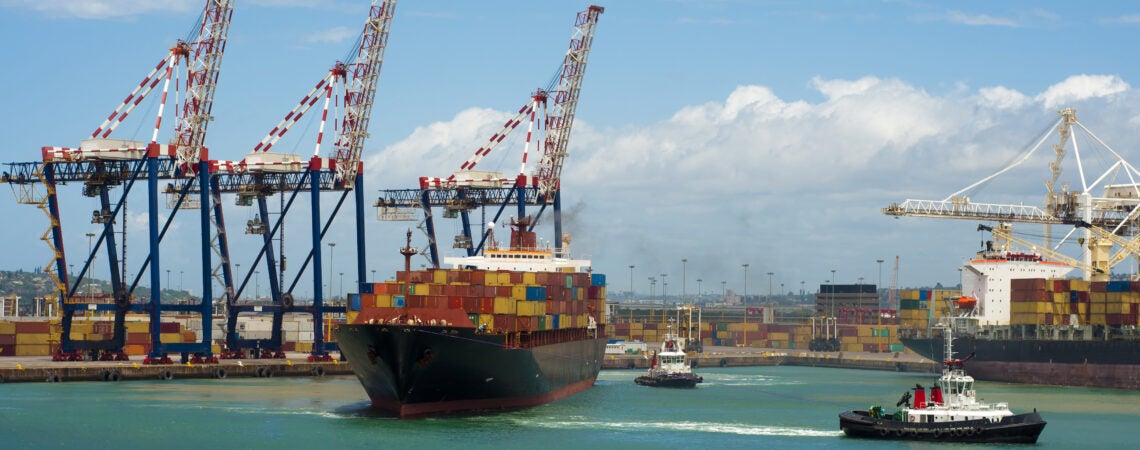All governments intervene in their economies to some extent – whether through subsidies, the operation of state-owned or controlled undertakings, government procurement policies that favour domestic players, the use of trade remedy measures or investment-screening regimes. International trade and investment rules seek to manage the spillover effects of these interventions on other markets, balancing legitimate interests.
Disagreement among countries regarding the extent to which international rules should discipline these interventions is one of the sources of ongoing trade tensions. Yet, as all governments increase their intervention, whether in the context of the COVID-19 pandemic and recovery, securing critical supply chains or environmental imperatives, there is an opportunity to engage in a balanced, inclusive conversation about how to update the rules. This must include issues of concern to developing and least-developed countries.
This paper outlines the existing rules, areas of debate and priorities for reform for a broad set of industrial policy measures. It aims to encourage more in-depth conversations among trade and investment negotiators about the way forward. This paper also summarizes key issues for senior business representatives.
To read the full report by the World Economic Forum, please click here.

